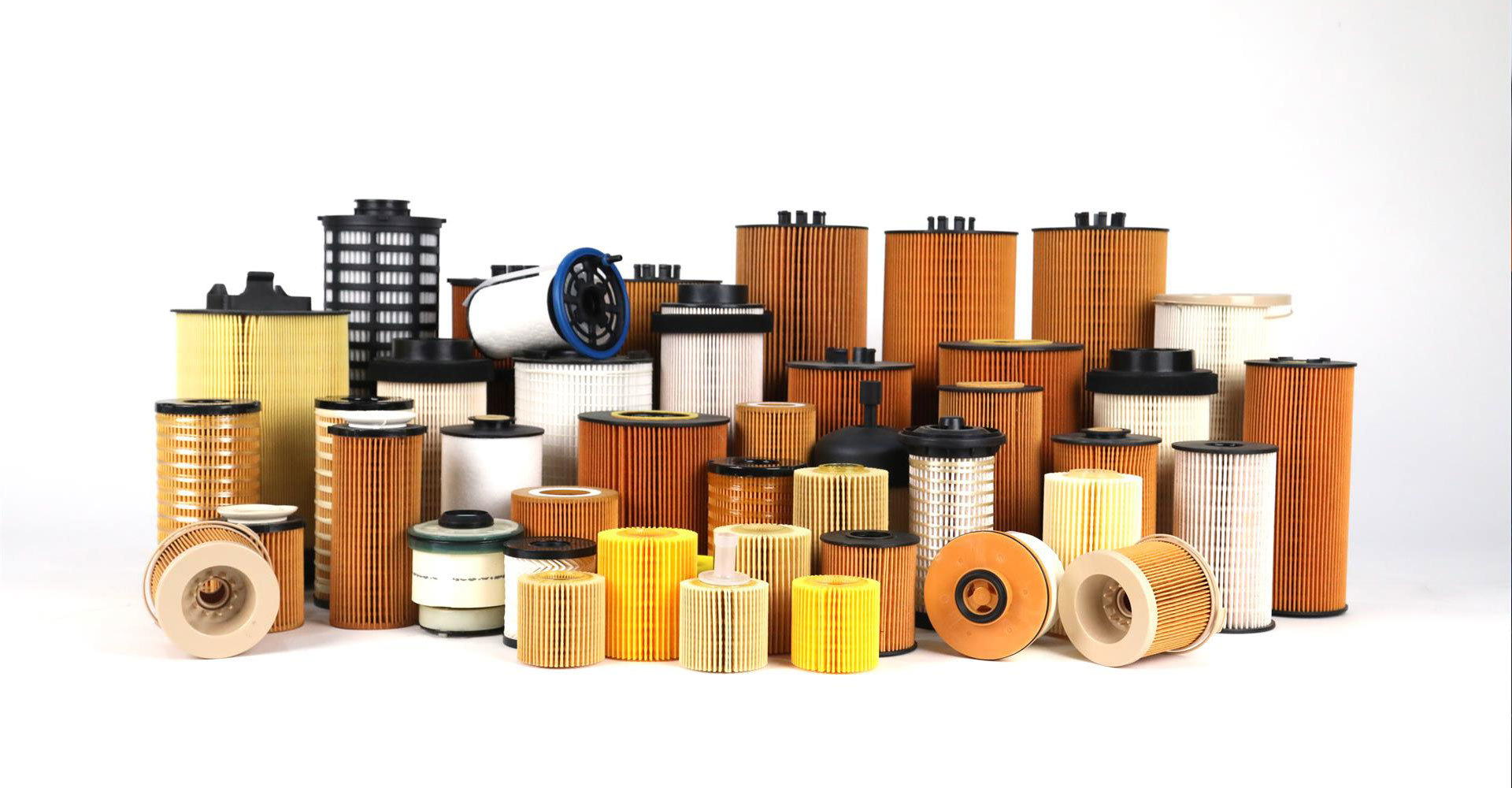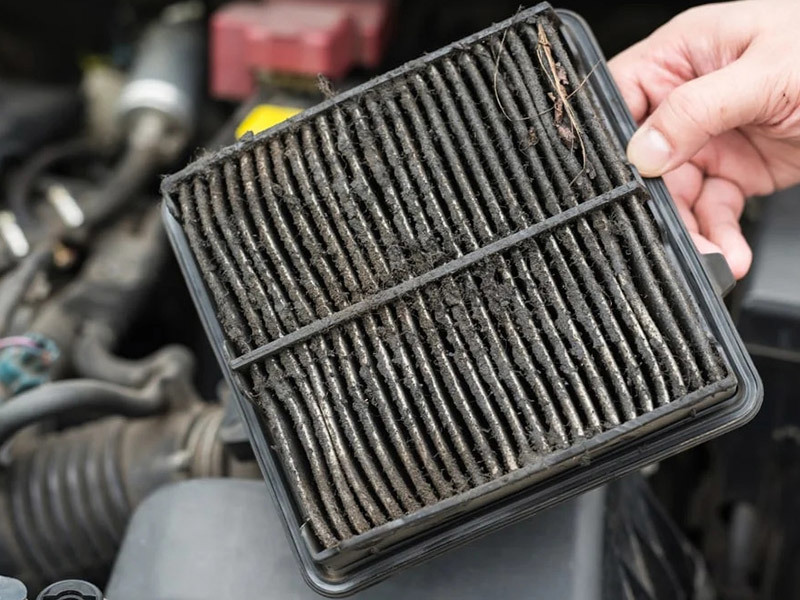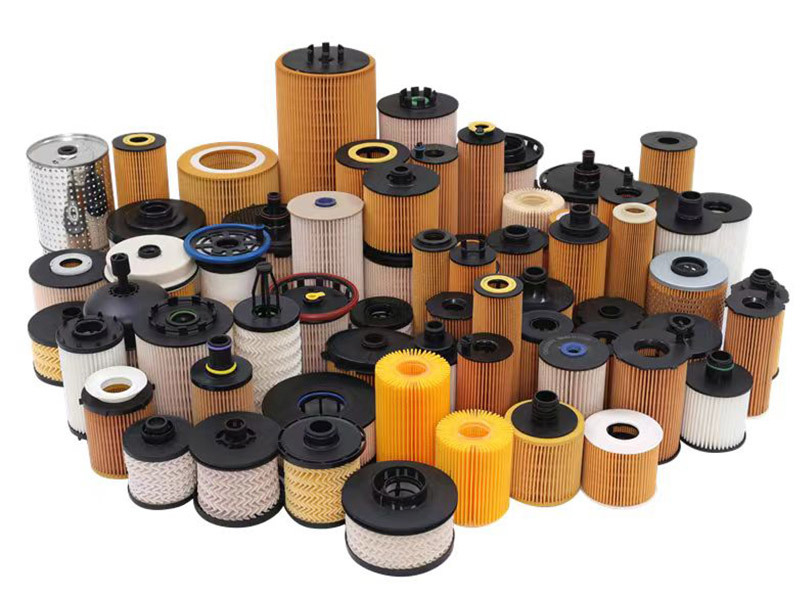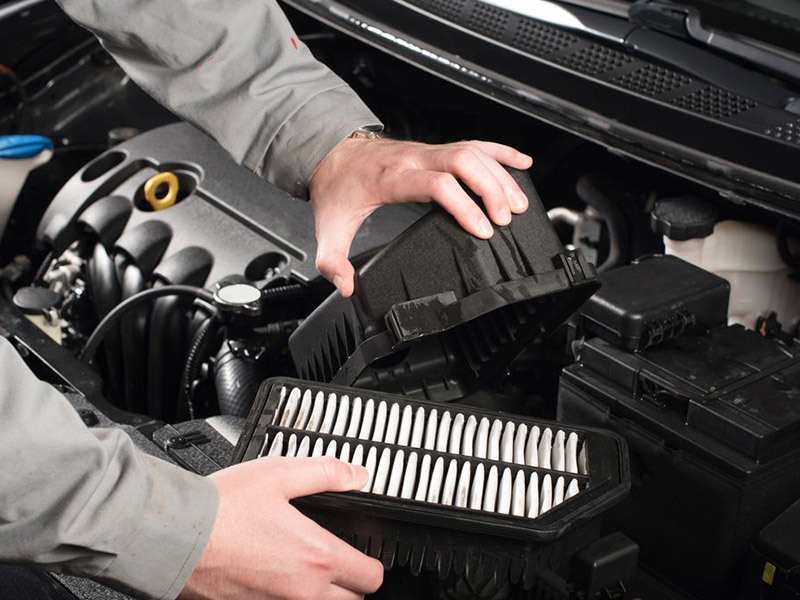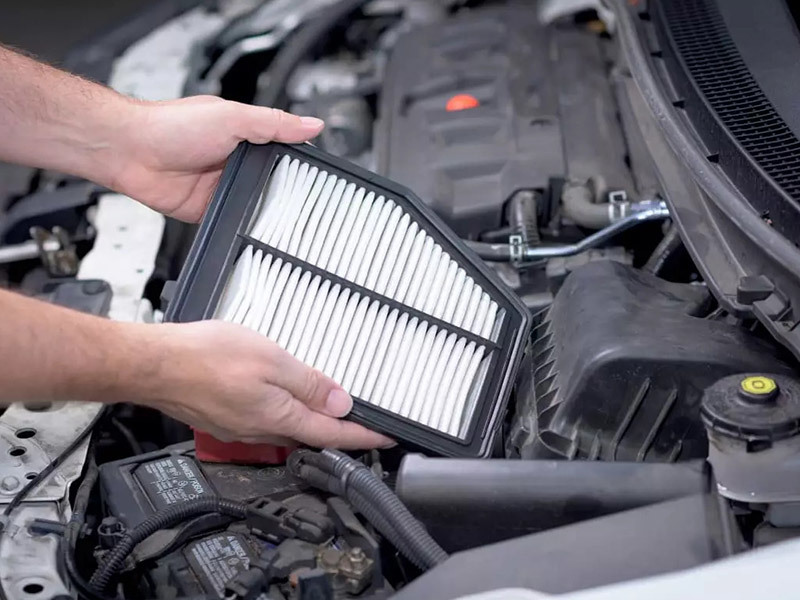Focus On Hot Spots
Contact Info
E-mail: tengsen@injenfilter.com
Business Phone: +86-18131928561
WhatsApp: +86-18131928561
Address: Ge Xianzhuang Zhen Wu Jia Na Cun Xi, Qinghe County, Xingtai City, Hebei Province
Understanding the Different Types of Auto Fuel Filters and Their Functions
Release Time:
Sep 29,2025
Understanding the Different Types of Auto Fuel Filters and Their Functions Auto fuel filters are critical components that play a vital role in the performance and longevity of your vehicle. They serve a primary function: to ensure that the fuel entering the engine is clean and free from contaminants. In this comprehensive guide, we will delve into the various types of auto fuel filters, their uniq
Understanding the Different Types of Auto Fuel Filters and Their Functions
Auto fuel filters are critical components that play a vital role in the performance and longevity of your vehicle. They serve a primary function: to ensure that the fuel entering the engine is clean and free from contaminants. In this comprehensive guide, we will delve into the various types of auto fuel filters, their unique functions, maintenance practices, and how they contribute to the overall health of your vehicle.
Table of Contents
- What Are Fuel Filters?
- The Importance of Fuel Filters in Your Vehicle
- Types of Auto Fuel Filters
- How Fuel Filters Work
- Symptoms of a Failing Fuel Filter
- Maintaining Your Fuel Filter for Optimal Performance
- Choosing the Right Fuel Filter for Your Vehicle
- Conclusion
- FAQs
What Are Fuel Filters?
Fuel filters are designed to remove impurities such as dirt, rust, and other contaminants from the fuel before it enters the engine. These filters ensure that only clean fuel reaches the engine, which is crucial for efficient operation. Without a functioning fuel filter, your vehicle can suffer from a range of issues, from poor performance to engine damage.
The Importance of Fuel Filters in Your Vehicle
The importance of fuel filters cannot be overstated. They act as the first line of defense against contaminants that can clog fuel injectors and damage the engine. Clean fuel promotes efficient combustion, improving fuel economy and reducing harmful emissions. Regularly changing your fuel filter can lead to better performance and longevity of the engine, making it an essential part of vehicle maintenance.
Types of Auto Fuel Filters
Understanding the different types of auto fuel filters can help you make informed decisions about your vehicle's maintenance.
1. Inline Fuel Filters
Inline fuel filters are typically installed along the fuel line and are designed to filter out contaminants before the fuel reaches the engine. They are easy to replace and are commonly found in many vehicles. Inline filters are usually cylindrical in shape and can be made of various materials, including paper, plastic, or metal.
2. Cartridge Fuel Filters
Cartridge fuel filters are often used in modern vehicles and are usually located within the fuel tank or engine compartment. These filters are designed for easy replacement and often come with a mounting bracket. Cartridge filters provide superior filtration due to their larger surface area, allowing them to trap more contaminants.
3. Sock Fuel Filters
Sock fuel filters, or "fuel pump filters," are designed to be attached to the fuel pump and are used primarily in fuel-injected vehicles. They serve to filter fuel as it is drawn from the tank and are typically made from a porous material that allows fuel to pass through while trapping dirt and debris.
4. Fuel Pump Filters
Fuel pump filters are integrated into the fuel pump assembly and serve to protect the pump from contaminants. These filters are crucial for maintaining the performance and lifespan of the fuel pump, preventing premature wear and tear.
How Fuel Filters Work
Fuel filters operate by creating a barrier against impurities in the fuel. As fuel flows through the filter, contaminants are trapped in the filter media. Depending on the design and type of filter, the filtration process can vary. Some filters use a simple paper element, while others may incorporate advanced materials designed to capture smaller particles.
The effectiveness of a fuel filter can be measured by its micron rating, which indicates the size of particles it can successfully filter out. A lower micron rating means the filter can trap smaller particles, enhancing engine protection.
Symptoms of a Failing Fuel Filter
Recognizing the symptoms of a failing fuel filter is essential for maintaining your vehicle’s health. Common signs include:
- **Poor Engine Performance:** If your engine is stalling, hesitating, or struggling to accelerate, it may be a sign of a clogged fuel filter restricting fuel flow.
- **Difficulty Starting the Engine:** A failing filter can hinder fuel delivery, making it challenging to start your vehicle.
- **Decreased Fuel Efficiency:** If you notice a sudden drop in fuel mileage, it may be due to the engine compensating for insufficient fuel.
- **Check Engine Light:** An illuminated check engine light can indicate various issues, including fuel system problems.
- **Unusual Noises from the Fuel Tank:** If you hear whining or unusual sounds from the fuel tank, it may be due to the fuel pump working harder to pull fuel through a clogged filter.
Maintaining Your Fuel Filter for Optimal Performance
Proper maintenance of your fuel filter is critical for ensuring the optimal performance of your vehicle. Here are some tips for maintaining your fuel filter:
- **Regular Checks:** Periodically inspect your fuel filter based on your vehicle's maintenance schedule.
- **Replace as Needed:** Follow the manufacturer’s recommendations for replacement intervals. Typically, fuel filters should be replaced every 20,000 to 30,000 miles, but this can vary.
- **Use Quality Fuel:** Always use high-quality fuel from reputable sources to minimize the risk of contaminants reaching your fuel system.
- **Keep the Fuel Tank Full:** A fuller tank can help prevent sediment from settling at the bottom and being drawn into the fuel system.
Choosing the Right Fuel Filter for Your Vehicle
Selecting the correct fuel filter is vital for ensuring compatibility with your vehicle. Here are some tips to consider when choosing a fuel filter:
- **Refer to the Owner’s Manual:** Always consult your vehicle’s owner manual for specifications and recommendations regarding the right type of fuel filter.
- **Consider Your Driving Conditions:** If you frequently drive in harsh conditions (dusty roads, extreme temperatures), consider a high-performance filter that offers better filtration.
- **Check for OEM vs. Aftermarket Options:** Original Equipment Manufacturer (OEM) filters generally offer the best fit and performance, but high-quality aftermarket filters can also be suitable.
- **Look for Reviews and Recommendations:** Research online reviews and ask other vehicle owners or mechanics for recommendations on reliable fuel filters.
Conclusion
Understanding the different types of auto fuel filters and their functions is essential for every vehicle owner. These components play a critical role in maintaining engine performance and ensuring a smooth driving experience. Regular maintenance and timely replacements can prevent complications and enhance your vehicle's longevity. Whether you opt for inline, cartridge, sock, or fuel pump filters, knowing how they work and their importance can empower you to make informed decisions about your vehicle's care.
FAQs
1. How often should I replace my fuel filter?
Most manufacturers recommend replacing the fuel filter every 20,000 to 30,000 miles, but consult your owner's manual for specific guidelines for your vehicle.
2. Can I clean my fuel filter instead of replacing it?
While some filters can be cleaned, it's generally more effective to replace them, especially if they are heavily clogged.
3. What happens if I don’t change my fuel filter?
If the fuel filter is not changed regularly, it can become clogged, leading to poor engine performance, difficulty starting the vehicle, and potential damage to the fuel pump and engine.
4. Are there different fuel filters for gasoline and diesel engines?
Yes, gasoline and diesel engines typically use different types of fuel filters designed to handle the specific properties and contaminants of each fuel type.
5. Can I use an aftermarket fuel filter?
While OEM filters are recommended for the best fit and performance, high-quality aftermarket filters can also be suitable, provided they meet the specifications outlined in your owner’s manual.
Key words:


